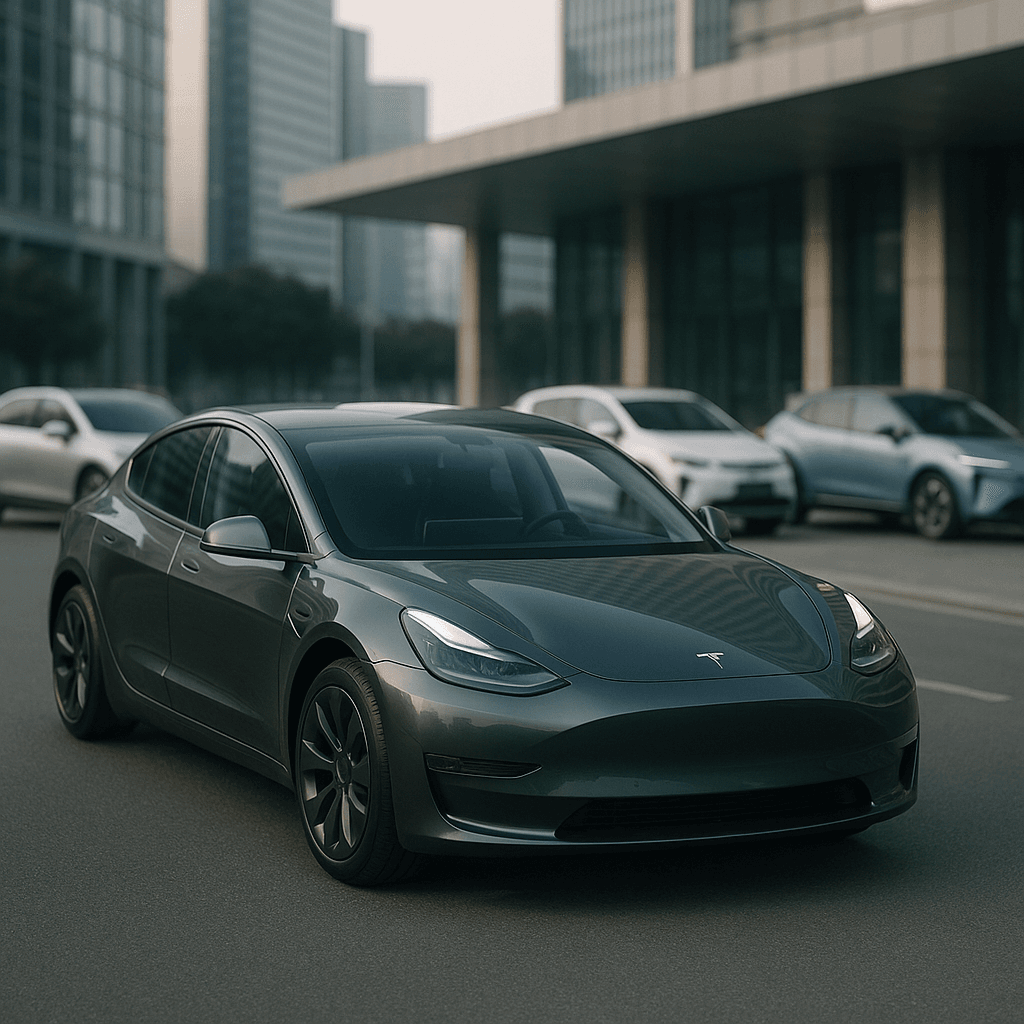Tesla just hit a wall in China. The EV giant's October sales crashed to 26,006 units - the lowest in three years - as its market share collapsed from 8.7% to 3.2% in a single month. With local rivals like Xiaomi and Leapmotor eating into its premium turf, Tesla faces its first potential full-year sales decline in its most crucial overseas market.
Tesla is getting swarmed in China, and the numbers tell a brutal story. The company's October sales of 26,006 vehicles represent not just a three-year low, but a stunning collapse from its September performance when it held 8.7% of the Chinese EV market. By October, that share had shrunk to just 3.2%.
"Tesla is getting surrounded by a swarm of Chinese automakers - from above, below, left and right," Michael Dunne, CEO of Dunne Insights, told CNBC. "Like a swarm of drones, each is taking some sales from the company with a target on its back."
The most surprising threat comes from Xiaomi, the smartphone maker that only entered the auto business this year. The tech giant's SU7 sedan and YU7 SUV posted record sales in October despite safety concerns from recent accidents. More telling: Xiaomi sold nearly 109,000 cars in Q3 compared to Tesla's 170,000, and its EV unit turned profitable for the first time.
But Xiaomi isn't alone in boxing Tesla out of its premium position. Leapmotor, founded in 2015 but only now hitting its stride, is pressuring Tesla with aggressive pricing. The startup's C10 mid-sized SUV costs roughly half what a Model Y does, thanks to in-house production that keeps costs down. The company also secured a joint venture partnership with Europe's Stellantis, giving it global reach.
Even more concerning for Tesla is how traditional automakers are making their EV push felt. Geely's Geome Xingyuan hatchback leads China's EV sales this year with a sub-$10,000 price tag. While not a direct Tesla competitor, it signals where Chinese buyers are heading: budget-conscious but value-seeking.
The trend extends to tech partnerships that bypasses Tesla entirely. Huawei has emerged as a notable rival by partnering with established carmakers like Seres, Chery, and Beijing Auto. The Aito M8, a Seres model enhanced with Huawei technology, has gained traction in the high-end SUV segment Tesla once dominated.
Tesla's struggles aren't limited to China. The company's third quarter showed continuing sales slumps in Europe, driven partly by competition from and . Despite overall Q3 revenue growing 12% to $28.10 billion following two straight periods of declines, regional weakness persists.












